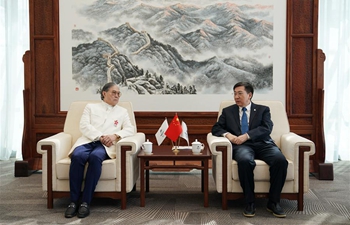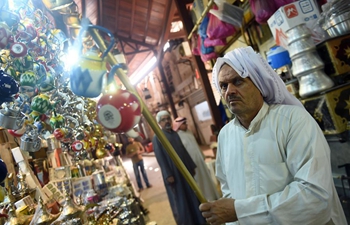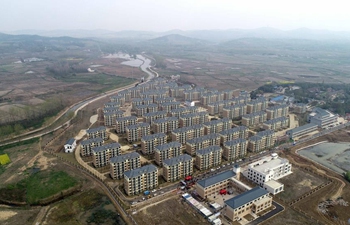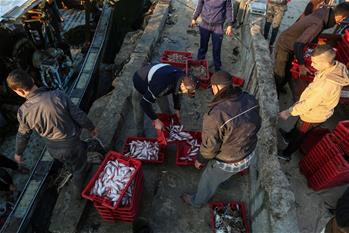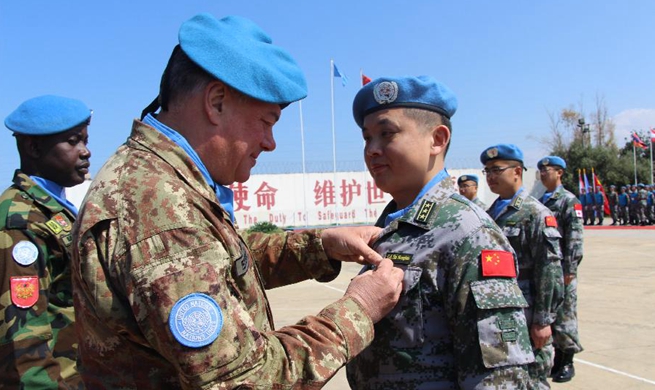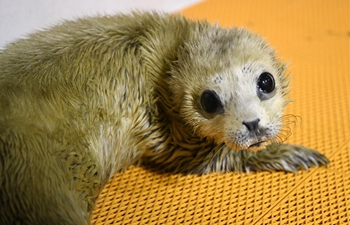NAIROBI, April 4 (Xinhua) -- Kenyan experts on Thursday urged the government to diversify the country's export base to help curb rising trade deficits which they said grew 1.2 percent in 2019.
The experts, from the Institute of Economic Affairs (IEA) and the Kenya Association of Manufacturers (KAM), said the government could enhance its ability to widen sources of revenue by increasing investment in a broad range of sectors.
"We remain constrained by the current export structure that relies on a few export products and markets," said KAM research and fiscal policy manager Simon Githuku. "It is time we diversified if we are to address the ballooning trade deficits."
Githuku told a forum in Nairobi that having a new export structure will mitigate adverse effects of trade fluctuations.
According to latest World Bank statistics, the gap between imports and exports climbed to 1.15 trillion shillings (10.15 billion U.S. dollars) in 2018, up from the previous year's 10.13 billion dollars.
"We... require a clear regulatory framework and workable incentive packages to condense the trade deficits," Githuku said.
The trade deficit is denying the country an opportunity to create more jobs with local firms losing out to foreign manufacturers in the long run, he said.
Joram Gicheru, an IEA associate, called on the government to give subsidies to local producers of agricultural products to reduce the cost of production and improve volumes and quality of the products.
"One of the ways out from this mess is by striving to double volumes of our three top exports -- tea, coffee and horticulture -- and to do that it means we need to improve our productivity," he said.
The answers to the deficits also depend on how the government positions its manufacturing sector with a sharp focus on alternative products such as textile, chemicals, machines, agro-processing, blue economy and leather, Gicheru said.
He called on policymakers to take advantage of the Africa Continental Free Trade Area (AfCFTA) initiative, which offers African countries a great long-term opportunity to address technical barriers to trade.
The agreement will increase intra-Africa trade as well as enabling Kenya and other African countries to attract investment, he said, noting that the AfCFTA provides new export opportunities for African products.
Once in place, the AfCFTA will cover a market of 1.2 billion people and a combined gross domestic product (GDP) of some 3 trillion dollars.
"We must position ourselves strategically to reap from the regional pact, which aims to establish a single market that will spur industrialization, infrastructural development, economic diversification and trade," Gicheru said.
Fred Simiyu, who is in charge of international trade at the Ministry of Trade, said the government will implement initiatives to add value to the free trade agreement.
Richard Kariuki, regional head of Governance Beta Healthcare International, urged the government to offer favorable policies that make it easier for pharmaceutical and health industries to operate smoothly.
"The government needs to give subsidies and come up with favorable tax policies on medical equipment, capital expenditure and raw materials as well as honoring obligations for health sector such as tax refunds, improved management as well as partnership with private entities to foster a coherent framework for UHC," he said, referring to universal health care.
